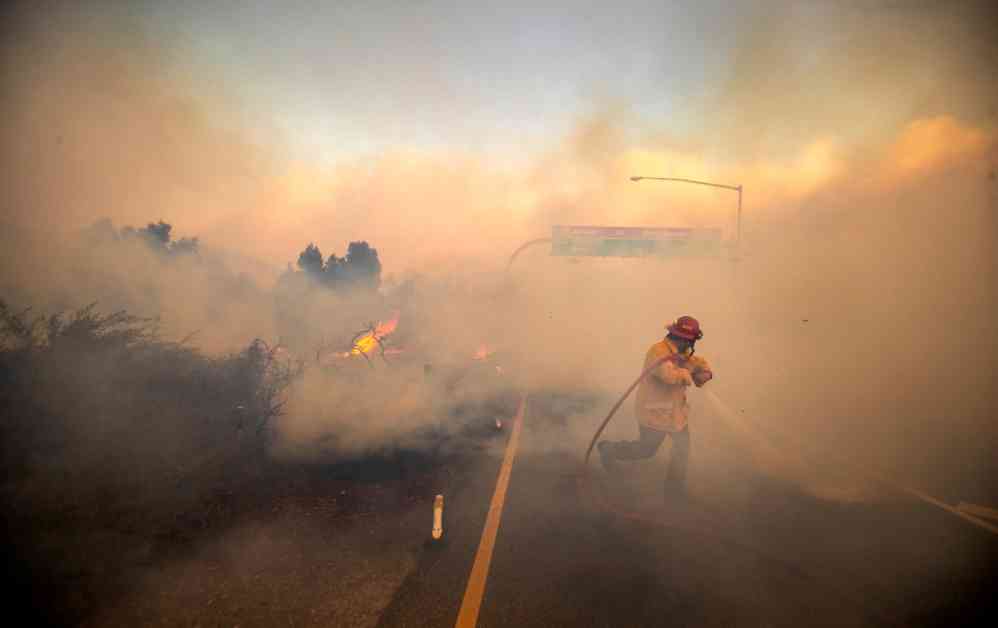New research suggests that exposure to wildfire smoke may increase the risk of dementia. A study published in JAMA Neurology found that long-term exposure to smoke particles is linked to a higher likelihood of being diagnosed with dementia over time. For every one microgram increase in wildfire pollution per cubic meter of air over a three-year period, the odds of dementia diagnosis increase by about 18 percent.
Particulate matter, which includes tiny particles with diameters of 2.5 micrometers or smaller, can come from various sources such as cars, industries, and fires. The study focused specifically on particles produced by wildfire smoke, which have different properties than particles from other sources. These particles contain molecules known for their toxic or inflammatory properties, which may contribute to the increased risk of dementia.
The study analyzed medical records of over 1 million people in Southern California from 2008 to 2019 and found that wildfire smoke poses a greater risk of dementia compared to particulate matter from other sources. Certain demographics, including people with lower incomes and people of color, are at a higher risk due to increased exposure to air pollution and other health challenges.
Researchers suggest that policymakers should communicate public health information in multiple languages and implement policies to combat climate change, reduce air pollution, and manage wildfires effectively. Future studies could explore the specific impact of wildfire smoke on different types of dementia, such as Alzheimer’s disease, and investigate the combined effects of multiple climate hazards.
As climate change continues to worsen, understanding the effects of wildfire smoke on health becomes increasingly important. Recent research indicates that a significant portion of particulate matter pollution in the U.S. comes from wildfire smoke, highlighting the need for proactive measures to protect public health and mitigate the impacts of wildfires.




